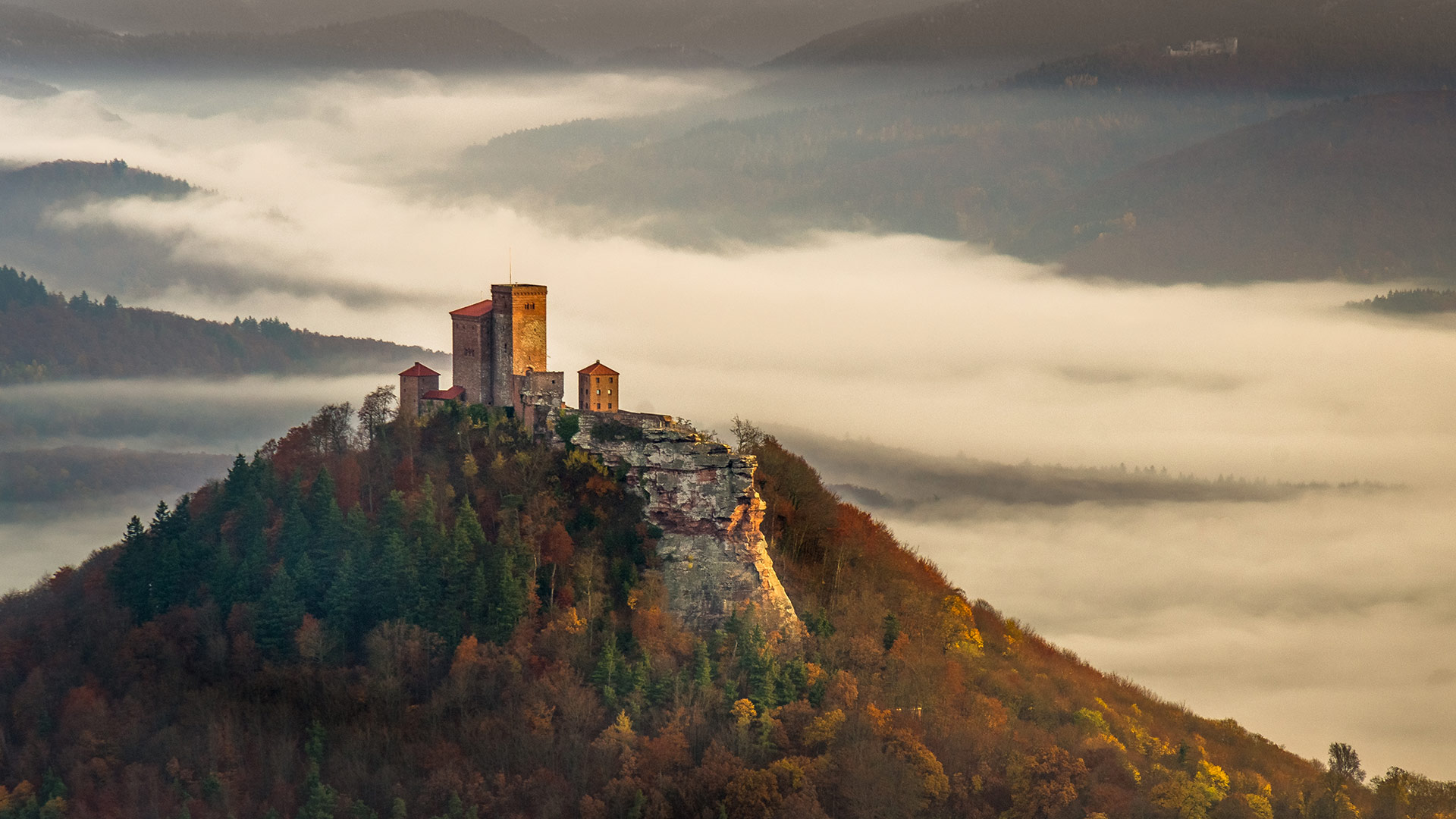Romania’s Plan to Build Incinerators Faces Public Backlash
Romania, a country known for its stunning landscapes and rich history, is also facing a challenge when it comes to managing its waste. The government has proposed a plan to build incinerators as a solution to the country’s growing waste problem, but the plan has faced a significant backlash from the public. Many citizens are concerned about the potential environmental and health risks associated with incinerators, as well as the impact on local communities and the economy.
The Need for Waste Management Solutions in Romania
Romania has been grappling with a waste management crisis for many years. The country generates a large amount of waste annually, and its current waste management infrastructure is inadequate to handle the volume. As a result, much of the waste ends up in landfills, which pose a significant environmental and health risk. In addition, illegal dumping is also a major issue in Romania, further exacerbating the problem.
In response to these challenges, the Romanian government has proposed the construction of several incineration plants as a way to manage the country’s waste more effectively. According to the government, incinerators would help reduce the amount of waste going to landfills and provide a more sustainable method of waste management.
The Public Backlash Against Incinerators
However, the proposed plan to build incinerators has faced fierce opposition from the public. Many citizens are concerned about the potential negative impact of incinerators on the environment and public health. Incinerators release harmful emissions into the air, including dioxins, heavy metals, and other pollutants that can have serious health effects on nearby communities.
In addition to the potential health risks, there are also concerns about the impact of incinerators on the local economy. Some argue that incinerators could discourage recycling and waste reduction efforts, as they create a demand for more waste to feed the incinerators. Furthermore, there are concerns about the impact of incinerators on tourism and property values in the areas where they would be built.
Opponents of the incinerator plan have also expressed concerns about the transparency and democratic nature of the decision-making process. Many feel that the government has not adequately consulted with the public and local communities before moving forward with the plan, and that there has been a lack of public input and participation in the decision-making process.
Furthermore, critics argue that the proposed incinerators are not the most effective or sustainable solution to Romania’s waste management challenges. They point to alternative methods of waste management, such as increased recycling and composting, as more environmentally friendly and cost-effective approaches.
The government, on the other hand, maintains that incinerators are a necessary and viable solution to the country’s waste management challenges. According to officials, incinerators would help reduce the amount of waste going to landfills and would provide a more sustainable method of waste management. Additionally, they argue that incinerators would create jobs and contribute to the local economy.
The Future of Romania’s Waste Management
The debate over the proposed incinerators in Romania is likely to continue as the government and the public navigate the complex issues surrounding waste management. As the country seeks to find solutions to its waste management challenges, it will be important to consider the perspectives and concerns of all stakeholders, including the public, local communities, and environmental and health experts.
The government will need to engage in a transparent and inclusive decision-making process that involves meaningful public consultation and input. Additionally, it will be important to thoroughly assess the potential environmental and health impacts of incinerators, as well as their long-term effectiveness in managing the country’s waste.
Ultimately, finding a sustainable and effective solution to Romania’s waste management challenges will require a collaborative effort between the government, the public, and other stakeholders. By working together, Romania can develop a waste management strategy that protects the environment, public health, and the economy, while also addressing the country’s growing waste problem.
FAQs:
Q: What are the potential environmental and health risks of incinerators?
A: Incinerators release harmful emissions into the air, including dioxins, heavy metals, and other pollutants that can have serious health effects on nearby communities. They also contribute to air pollution and can have negative impacts on local ecosystems.
Q: Are incinerators a more sustainable method of waste management?
A: While incinerators can reduce the amount of waste going to landfills, there are concerns about their long-term sustainability and effectiveness in managing waste. Some argue that incinerators could discourage recycling and waste reduction efforts, and that alternative methods, such as increased recycling and composting, are more sustainable and cost-effective approaches to waste management.
Q: What are the concerns about the impact of incinerators on local communities and the economy?
A: There are concerns that incinerators could have negative impacts on local communities, including potential health risks, as well as the impact on tourism and property values in the areas where they would be built. Additionally, there are concerns about the impact of incinerators on the local economy, including potential effects on recycling and waste reduction efforts.
Romania’s Plan to Build Incinerators Faces Public Backlash




